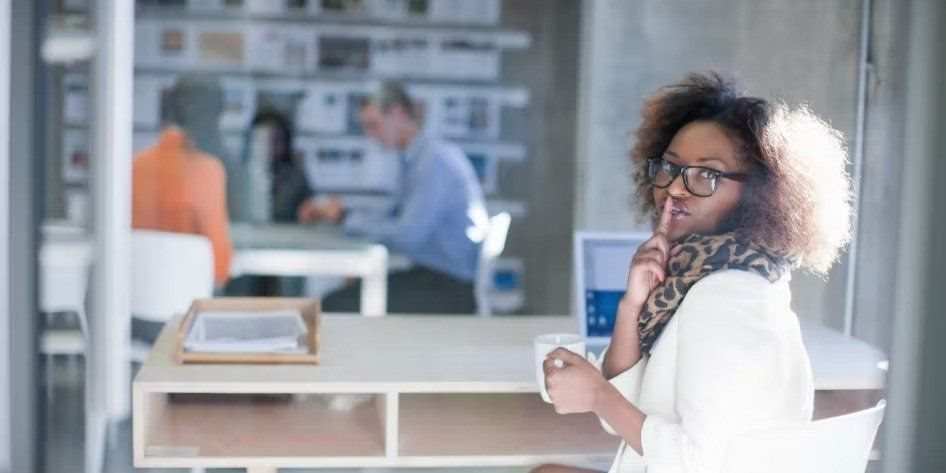
Hybrid working is about having choices. It is still the same people doing the same work, but they don't have to unquestioningly turn up to the company HQ each day, be part of the commuter throng, or sit at the same desk regardless of whether or not it works for them.
Before the pandemic and the various lockdowns ensued, hybrid working was sometimes considered a luxury, negotiated by only the savviest of employees. But now it's a normal, no, necessary part of working life for so many of us, and expectations have increased.
According to a study by the RIBA journal, noise has become one of the critical issues and irritations of modern office life. Four in 10 office workers said poor acoustics impacted their concentration, and a quarter said they felt stress induced by noise. "Noise may seem like a minor irritant, but not addressing it could hurt your business's bottom line and put your employees' health at risk," says Ben Hancock from Oscar Acoustics.
It can be a tricky balance. Much like the universal conversations about office air conditioning, no failsafe solution works for everyone. Music or no music? Meetings at the desk or somewhere out of earshot? Sometimes it's the big things like the general hubbub and acoustics of the building, and sometimes it's the small things like the sound of the person next to you eating a packet of crisps.
Jeremy Myerson, emeritus professor at the Royal College of Art and co-author of Unworking: The reinvention of the modern office, says that our months spent working alone during lockdown have changed our susceptivity to noise and other people. "When you've spent two years alone, you become very sensitive to noise," he says. "We're hearing from HR departments that people are hypersensitive to their environments."
That's not to say home is the perfect solution either – it can be full of distractions, from the relentless doorbell to young children, needy pets, and the strange allure of putting the washing on in the middle of the working day. "Many people need the office for focus work," says Kristin Cerutti, senior designer at Nelson Worldwide.
The growth of the hybrid model has shown how having a variety of spaces available suits the workforce, accommodating different styles and needs. Big HQ offices are only sometimes the most suitable venue for a particular day or meeting and are no longer considered necessary for everyday presenteeism.
Coworking and flex spaces give companies and individuals the freedom to choose where and when they work and that essential sense of ownership over the daily or weekly routine. It also enables all sorts of employee preferences to be accommodated, from flexible hours to the distance from peoples' homes and various spaces where you sit or stand to get the work done.
The hybrid model is about finding a setup that works for everyone. It's about the fine details too. Acoustics, lighting (some people prefer softer, darker areas), and the amount of technology in the room is all part of office design now because what some people thrive off, others find draining.
The extremes we faced as a community of workers during lockdown made people more aware of their individual needs and more confident about asking for them. It also caused such a colossal shake-up in terms of the established working practices that the future is still being moulded – and we think it should be as accommodating as possible.